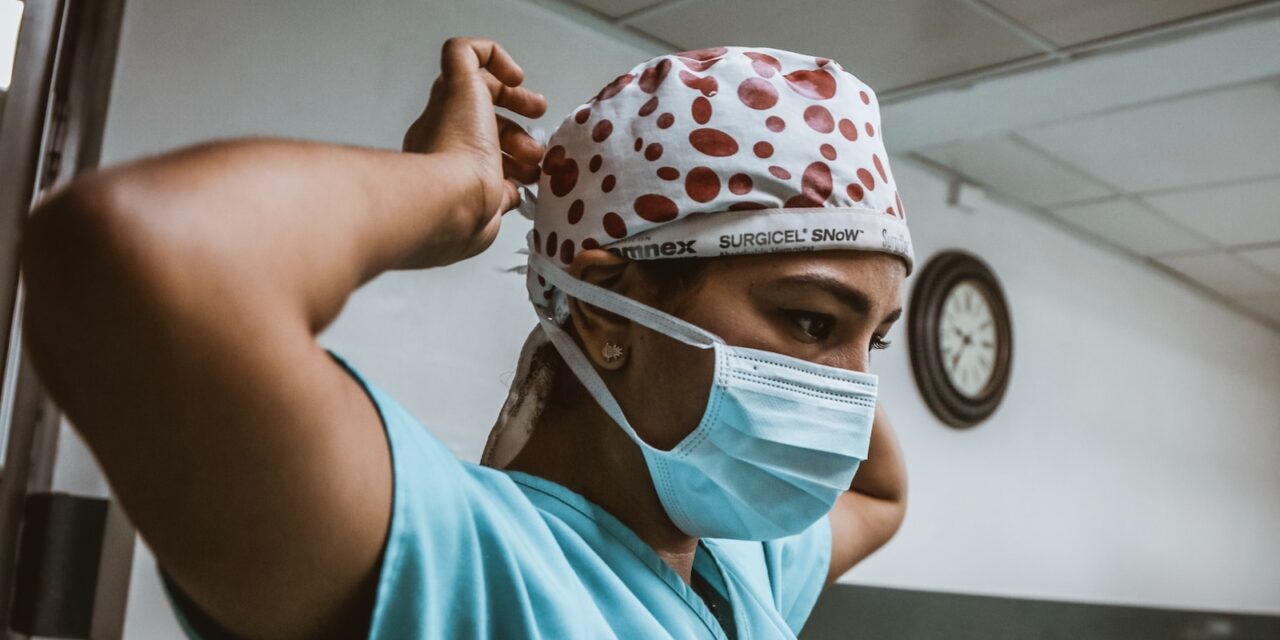A new survey released by RedArc for International Nurse’s Day (12 May 2023) highlights the pivotal role that nurses play in adding value to health & protection insurance policies, and affinity group membership plans.
The organisation’s nurses believe that as much as 40% of their time is spent dealing with issues that are in addition to the individual’s primary condition or treatment, such as concerns about family, finances, work and other responsibilities. This demonstrates that when nurses are not time-constrained, the powerful combination of their medical knowledge and access to wide resources, means they are able to provide holistic support to ensure the wellbeing of the individual on a range of matters.
While the need for expert medical support is at the core of added value support, a survey of RedArc nurses asked what they felt their patients were most grateful for.
- ‘Having someone with the experience and time to listen to them’ was thought to be the most appreciated part of added value nurse support, as this is a luxury not always feasible elsewhere.
- Nurses felt that people were next-most appreciative of having ‘external therapies sourced and arranged for them’.
- This was followed by ‘being able to help them prepare for the future in terms of being aware of possible symptoms, treatments, side effects and a return to work’.
A MEDICALLY-TRAINED CONFIDANT
Nearly half (48%) of the people supported by RedArc confide their most private concerns with nurse practitioners that they have not shared elsewhere, either about their condition directly or the impact it is having on their life. RedArc nurses recognise that this is due to a combination of an appreciation of the confidentiality and non-judgemental nature of nurse support and others not wanting to distress close family or friends.
TOP THREE CONDITIONS WHERE ADDED VALUE IS MOST CRUCIAL
Cancer, mental health, and bereavement are the top three conditions for which added-value support is most crucial, according to the RedArc team. However, in two out of every five cases (41%) that refer to them for a physical condition, the individual also receives support for mental wellbeing or mental health matters, such is the connection between physical and mental health. This cross-disciplinary and rounded support is only achievable when the nurse can become well-acquainted with the individual in a broad sense.
Christine Husbands commercial director for RedArc, says:
The ripple-effect of a person’s condition in other areas of their life cannot be under-estimated and it all needs to be addressed. While nurses’ medical expertise is central to added-value services, being able to assess the patient as a whole is crucial in improving the individual’s quality of life – whether that be helping them back to full health and back into the workplace or supporting them after a life-changing or life-threatening prognosis. As the saying goes, a problem shared is a problem halved and that idiom neatly reflects the way that many people regard added-value nurse support.
Christine Husbands, commercial director for RedArc


